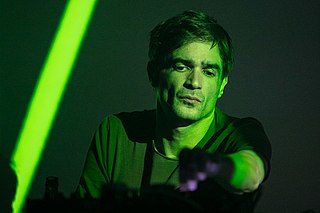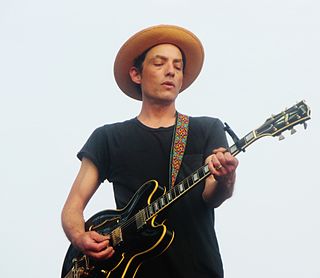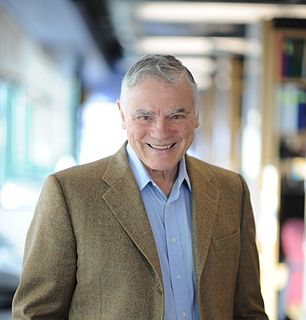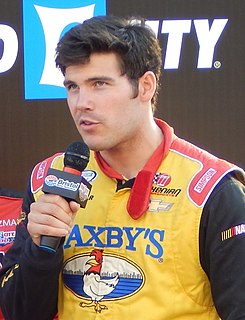A Quote by Jon Hopkins
I'm not keen on interfering with nature; I don't want to edit my genome.
Related Quotes
Every cell in our body, whether it's a bacterial cell or a human cell, has a genome. You can extract that genome - it's kind of like a linear tape - and you can read it by a variety of methods. Similarly, like a string of letters that you can read, you can also change it. You can write, you can edit it, and then you can put it back in the cell.
The question is, are there useful things that we can do with the results of a genome sequence that would bring benefit? And the answer is, today, should the majority of people go and have their genome sequenced? Probably not. But are there particular circumstances in which genome sequencing is really helpful? Yes, there are.
We will have to make a decision, as we go into new environments outside of earth, whether we want to drag along with us all our pathogens. We can, or we can't - it's up to us - but I consider that part of genome engineering is how we interact with the huge part of our genome which is our microbiome.
I think you want to do as much as you can for your fans. I take as many opportunities as I can when it comes to media and interviews and autograph sessions and things of that nature - as long as it's not interfering with the schedule and how much inexperience you can get on the track. When it starts to cut into that, it's kind of defeating the purpose. So that's where I draw the line.


































